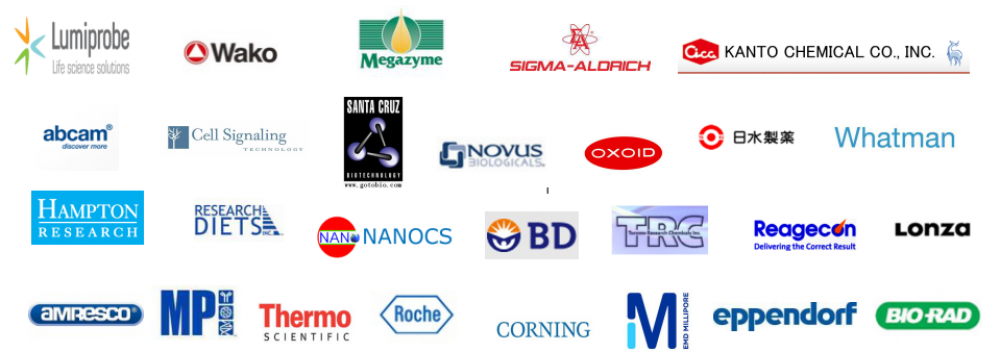SB202190 (FHPI)
货号:C152121
规格:50mg
品牌:OrganRegen
产品介绍
DESCRIPTION
|
|
|||
|
M. W t |
331.34 |
||
|
Formula |
C20H14FN3O |
||
|
CAS No |
|||
|
Storage |
Powder |
– 20°C |
3 years |
|
4°C |
2 year C20H14FN3O |
||
|
In solvent |
-80°C |
6 months |
|
|
-20°C |
1 month |
||
|
Solubility |
DMSO |
100 mg/mL(301.80 mM; Need ultrasonic) |
|
|
Ethanol |
12 mg/mL(36.22 mM) |
||
|
H2O |
< 0.1 mg/mL(insoluble) |
||

技术参数
BIOLOGICAL ALTIVITY
In Vitro
SB202190 (0-10 μM; 0-72 hours) attenuates growth of a subgroup of CRC cell lines such as RKO, CACO2 and SW480 in a dose- and time-dependent manner[1].
SB 202190 strongly inhibited colony formation and anchorage-independent growth (10 μM for 7–10 days) and elevated apoptotic cell death (10 μM for 72 h) in this same subset of CRC lines (RKO, CACO2 and SW480)[2].
In RKO, CACO2 and SW480 cells, SB202190 (10 μM; 2 hours) abrogates phosphorylation of S6K1(T389) and S6(S235/236), but not AKT(S473), indicating that p38i selectively blocks mTORC1 signaling[2].
In Vivo
SB202190 (5 mg/kg; intraperitoneal injection; daily for 10-12 days) shows inhibition of tumor cell survival and tumor growth[2] .
REFERENCES
